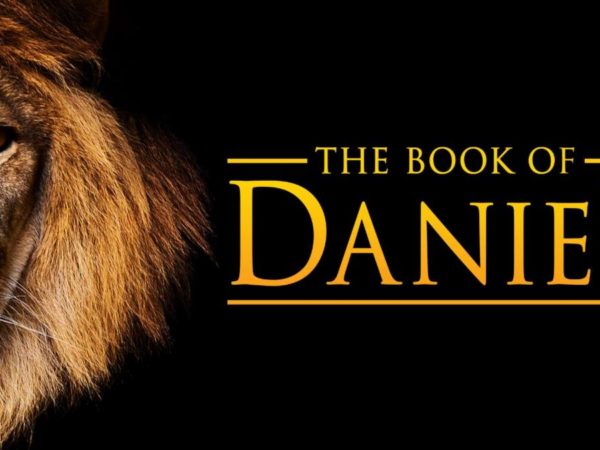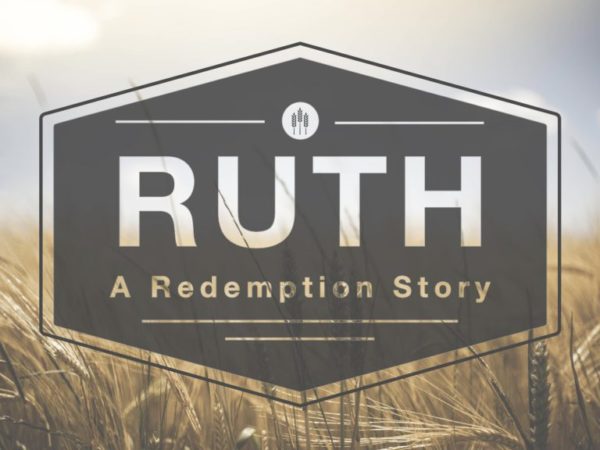Text: Genesis 33:1-12
“No one has ever seen God; but if we love one another, God lives in us and his love is made complete in us.” —1 John 4:12
Reconciliation and restoration often involve prayer and wrestling. Last week we saw how Jacob wrestled with God before facing his brother, Esau. Having spent twenty years away from the brother he once “cheated” out of a birthright, Jacob anxiously speculated if Esau was still intent on serving up revenge. After all, Esau had threatened to kill him. But Jacob cannot get to God’s promised blessing without going through the valley of reconciliation.
This valley is an uncomfortable place for Jacob.
The moment of truth arrives. Esau runs to meet Jacob. Embracing him, he throws his arms around Jacob’s neck and they weep together. Forgiveness and mercy prevail. Jacob then offers Esau a gift and makes a powerful statement—it’s the kind of revelation that should change the way we all approach reconciliation. Jacob says:
“For to see your face is like seeing the face of God, and you have accepted me.” (Genesis 33:10)
In the past Jacob had been a conniving schemer, seeing his brother as nothing more than a superficial pawn to be manipulated for selfish gain. Now, rather than seeing his sibling rival as an obstacle to be overcome, Jacob sees the very image of God in the face of his brother. Esau is no longer just an obstacle; he is essential to God’s bigger picture of redemption, Jacob’s spiritual growth, and his future blessing.
How might it change us, and the trajectory of our lives, to begin seeing God’s image in every person with whom we have had strife, tension, or rivalry? It’s so natural to see our own need for mercy, yet not see others through the same lens of grace. No matter the person—a spouse, a sibling, a coworker, a neighbor, a political adversary, even an enemy—the more we see the image of God fashioned in each person, the more fitted we will be as agents of reconciliation and the more blessed we will be as peacemakers (Matthew 5:9).
Jesus is so adamant about us seeing God’s image in others that he gave this stunning command about how it affects our worship: “So if you are offering your gift at the altar and there remember that your brother has something against you, leave your gift there before the altar and go. First be reconciled to your brother, and then come and offer your gift” (Matthew 5:23-24).
Where are you going to look for the face of God in uncomfortable places this week? Think about that as you seek to abide in Him.
PRAYER
God, life is messy. Relationships are difficult. We are all prone to offenses—being offended as well as doing the offending. It is humbling to recognize that I have been a difficult person in someone else’s life. As much as I would want mercy from those I have wronged, I must be willing to extend that same measure of mercy toward those who have offended me. Help me to see the face of God in others and to love them the way I have been loved by you. Holy Spirit, teach me how to flesh out the ministry of reconciliation with others and to live in your peace, as far as it depends on me. In your name, Amen.
Questions for Reflection and/or Group Discussion
- Did you have any sibling rivalries growing up? If so, what do you think was at the root of those rivalries?
- We all want to receive mercy, but why can it be harder to extend mercy to others?
- What lessons can we learn from Jacob and Esau’s reunion in Genesis 33?
- How we approach reconciliation says a lot about our maturity in Christ. Why is it important to God, and others, that we live as peacemakers?
- In whom do you need to see the face of God this week? How will you pray for them? How will you look at them through the lens of God’s grace and mercy? Is there reconciliation you need to flesh out?
Subscribe to “Abiding In Him” and get the latest devotional in your Inbox once a week.



Text: Genesis 33:1-12
“No one has ever seen God; but if we love one another, God lives in us and his love is made complete in us.” —1 John 4:12
Reconciliation and restoration often involve prayer and wrestling. Last week we saw how Jacob wrestled with God before facing his brother, Esau. Having spent twenty years away from the brother he once “cheated” out of a birthright, Jacob anxiously speculated if Esau was still intent on serving up revenge. After all, Esau had threatened to kill him. But Jacob cannot get to God’s promised blessing without going through the valley of reconciliation.
This valley is an uncomfortable place for Jacob.
The moment of truth arrives. Esau runs to meet Jacob. Embracing him, he throws his arms around Jacob’s neck and they weep together. Forgiveness and mercy prevail. Jacob then offers Esau a gift and makes a powerful statement—it’s the kind of revelation that should change the way we all approach reconciliation. Jacob says:
In the past Jacob had been a conniving schemer, seeing his brother as nothing more than a superficial pawn to be manipulated for selfish gain. Now, rather than seeing his sibling rival as an obstacle to be overcome, Jacob sees the very image of God in the face of his brother. Esau is no longer just an obstacle; he is essential to God’s bigger picture of redemption, Jacob’s spiritual growth, and his future blessing.
How might it change us, and the trajectory of our lives, to begin seeing God’s image in every person with whom we have had strife, tension, or rivalry? It’s so natural to see our own need for mercy, yet not see others through the same lens of grace. No matter the person—a spouse, a sibling, a coworker, a neighbor, a political adversary, even an enemy—the more we see the image of God fashioned in each person, the more fitted we will be as agents of reconciliation and the more blessed we will be as peacemakers (Matthew 5:9).
Jesus is so adamant about us seeing God’s image in others that he gave this stunning command about how it affects our worship: “So if you are offering your gift at the altar and there remember that your brother has something against you, leave your gift there before the altar and go. First be reconciled to your brother, and then come and offer your gift” (Matthew 5:23-24).
Where are you going to look for the face of God in uncomfortable places this week? Think about that as you seek to abide in Him.
PRAYER
God, life is messy. Relationships are difficult. We are all prone to offenses—being offended as well as doing the offending. It is humbling to recognize that I have been a difficult person in someone else’s life. As much as I would want mercy from those I have wronged, I must be willing to extend that same measure of mercy toward those who have offended me. Help me to see the face of God in others and to love them the way I have been loved by you. Holy Spirit, teach me how to flesh out the ministry of reconciliation with others and to live in your peace, as far as it depends on me. In your name, Amen.
Questions for Reflection and/or Group Discussion
Subscribe to “Abiding In Him” and get the latest devotional in your Inbox once a week.